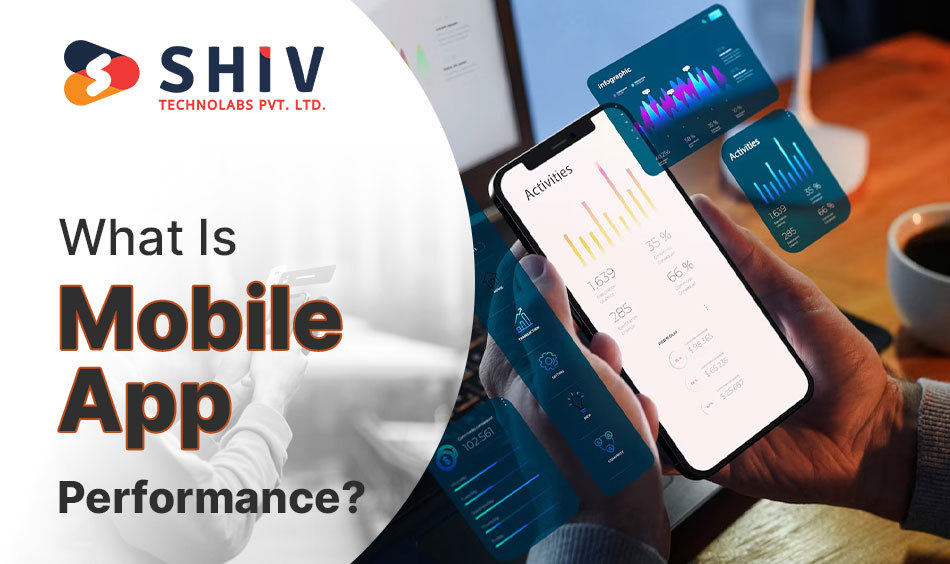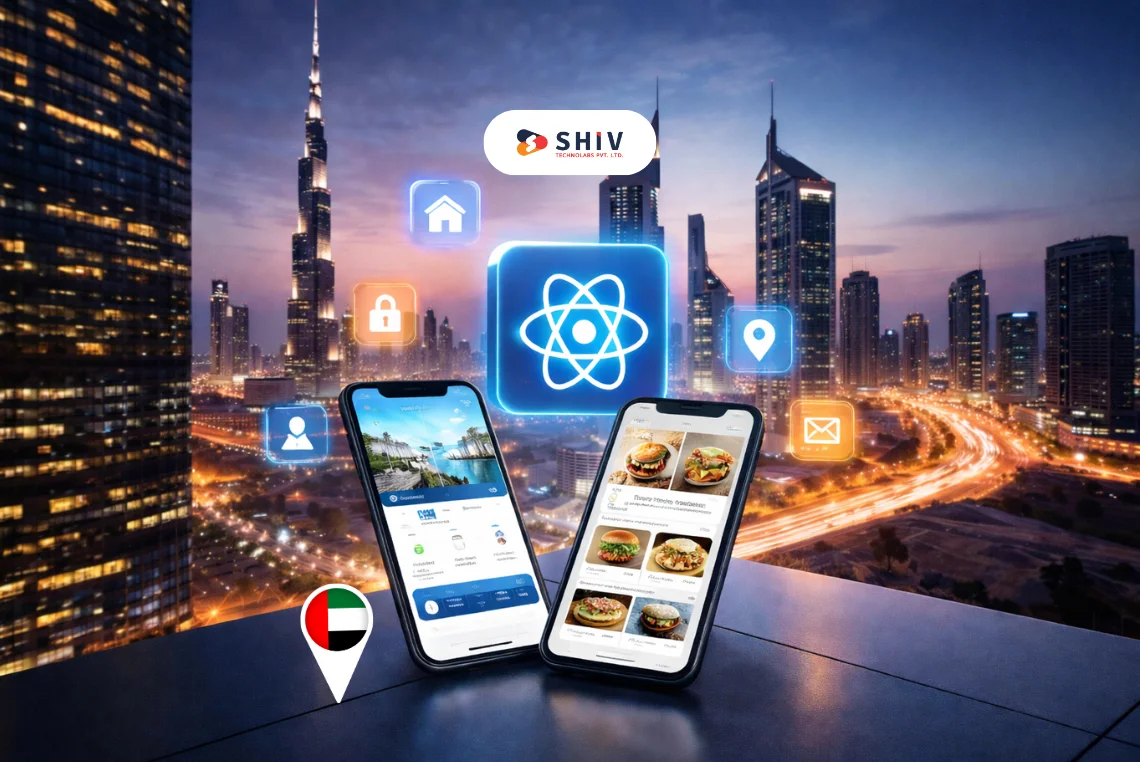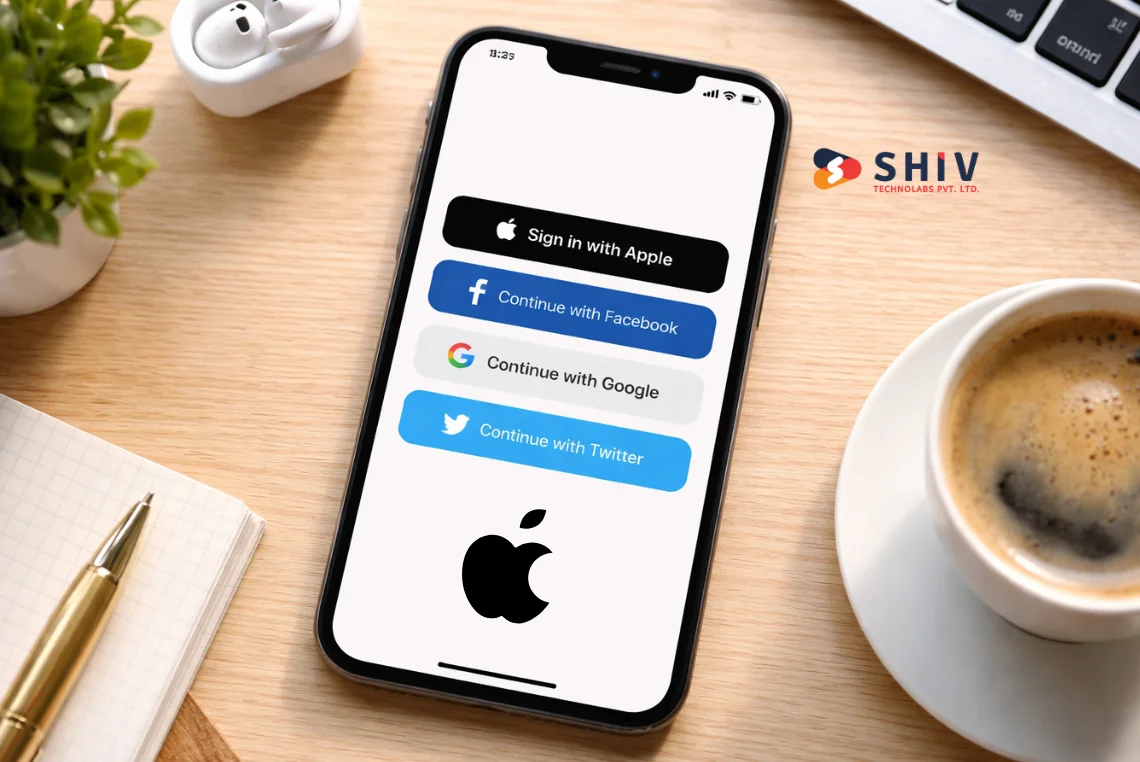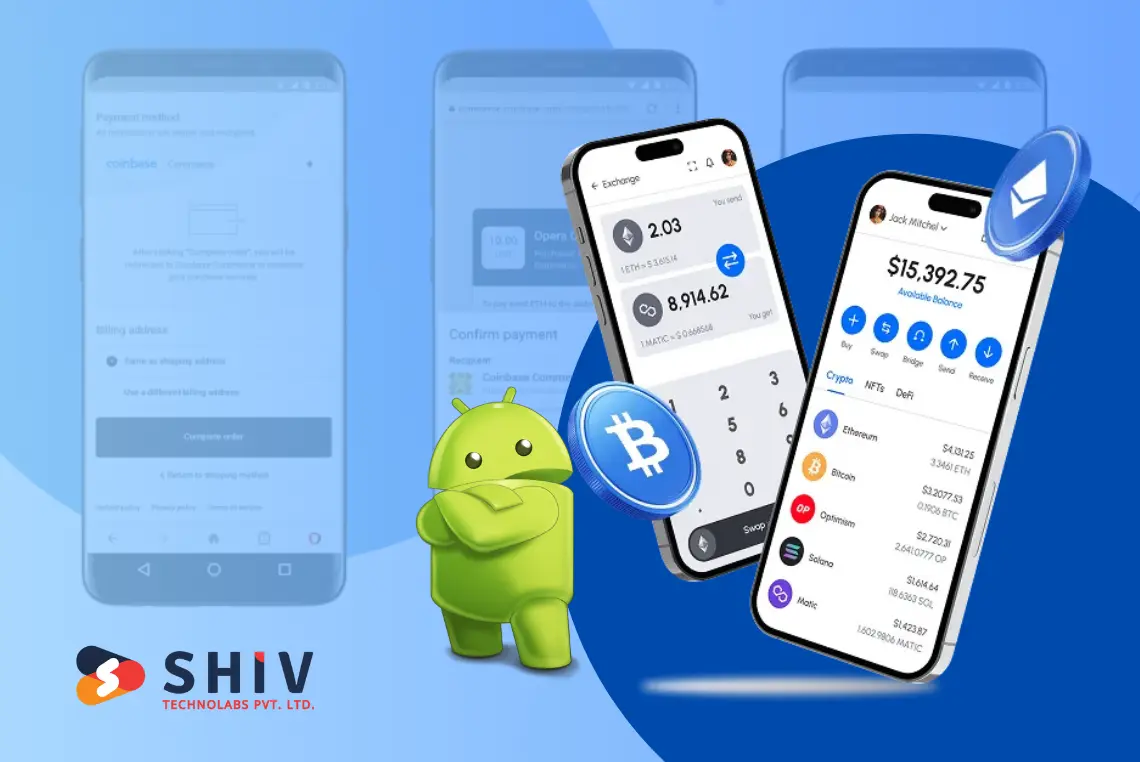Table of Contents
What Is Mobile App Performance?

Mobile app performance refers to how well an application runs on a user’s device, taking into account load times, responsiveness, battery usage and resource consumption. In short, performance measures the app’s efficiency and effectiveness in providing an exceptional user experience across devices and operating conditions. A high-performing app not only meets expectations but runs seamlessly under varied circumstances and with different devices; mobile app developers focus on optimising code efficiently while managing resources effectively as well as making sure their app remains reliable and scalable over time.
- Load Times: Load times measure how quickly an app loads and becomes functional. Faster load times improve user experience and decrease risk of user abandonment of an application; users expect apps to load within two seconds for maximum satisfaction; anything longer could lead to frustration and abandonment.
- Responsiveness: Responsiveness refers to how quickly an app responds to user interactions. Unresponsive apps frustrate users and may result in negative reviews; smooth and fast interactions will keep users engaged and satisfied.
- Battery Usage: Efficient battery usage ensures that applications do not rapidly drain a device’s battery, making them more user-friendly and preventing uninstalls or negative reviews from happening too rapidly. Apps consuming too much power could lead to uninstallations and negative feedback which would likely impact users negatively.
- Resource Consumption: This includes how an app utilizes memory, CPU and network resources. Effective resource allocation ensures an app runs without slowing down devices; furthermore it helps prevent crashes and increases overall app stability.
Also read : Top 10 Android App Development Frameworks: Best Options in 2024
Importance of Monitoring Mobile App Performance
Evaluating mobile app performance is vital for maintaining its quality and reliability, and regular monitoring helps identify performance bottlenecks, bugs, or any issues which might impede user experience. By keeping an eye on performance metrics, developers can make informed decisions and implement necessary improvements.
- User Retention: A well-performing app keeps its users engaged while an under performing one may cause them to switch apps altogether. Continuous monitoring can ensure your app fulfills user expectations and keeps users coming back.
- Competitive Advantage: High performance can give your app an edge in an increasingly crowded app market. Users are more likely to choose and remain loyal to apps that deliver an enjoyable user experience, making performance one of the primary differentiation.
- Resource Optimization: An effective performance monitoring can assist in optimizing device resources to ensure an app runs efficiently, including managing memory, CPU and battery usage to prevent slowdowns and crashes.
- Early Bug Detection: Early bug detection can prevent negative user experiences and possible losses, with regular monitoring helping detect and fix issues before they have an impact ripple effect on large user bases. With early intervention comes better user experiences.
- Scalability: Ensuring an app can handle an increasing user load without degrading performance is key to planning and managing growth effectively – keeping the app reliable and fast as its user base expands. Monitoring can assist with this endeavor.
Why Improve Mobile App Performance?

Enhancing app performance is more than meeting user expectations; it directly affects its success and profitability. Here are some key reasons for why improving performance should be prioritized:
- Enhancing User Experience: Faster and more responsive apps offer users a better experience, leading to greater user satisfaction and loyalty. Users will likely continue using an app that performs well over time, leading to higher engagement and retention levels.
- Higher Ratings and Reviews: When apps perform well, users tend to give positive reviews which increase its rating on app stores. As a result, higher ratings tend to encourage more downloads, leading to greater visibility, which in turn results in greater rankings and organic growth for your app.
- Increased Downloads: Apps with high ratings and positive reviews typically attract more downloads, which expands their user base and reach. A well-performing app may even be recommended by its users, leading to viral growth and wider reach.
- Optimized Apps Use Device Resources Efficiently: Optimized apps utilize device resources more efficiently, minimizing battery drain and increasing device performance to make their use sustainable for long-term usage and improve user satisfaction.
- Reduce Uninstalls: Performance issues are one of the primary drivers behind app uninstallations, so improving it could significantly decrease this rate, helping retain more users while decreasing churn.
- Competitive Advantage: An app with superior performance can outshone its competitors, making it more appealing to potential users and standing out among crowded markets. Performance can serve as an ace card in helping your app attract more users.
Also read : Top 10 Best Mobile App Builders in Singapore {Updated 2024}
How to Improve Mobile App Performance
Improving mobile app performance involves both best practices and strategic implementations. Here are key strategies that may help:
- Efficient Coding Practices: Use clean and maintainable code; utilize asynchronous programming to handle long-running tasks without blocking the main thread; this reduces lag and improves responsiveness for an app to feel faster and smoother. Implement code reviews or use static code analysis tools as ways of maintaining code quality.
- Optimize App Architecture: Select an architecture like MVC or MVVM and implement lazy loading for reduced initial load times. Proper architecture design ensures code quality and scalability, and modular architecture offers enhanced testing, debugging and future enhancement.
- Reduce App Size: Compress images, minimize resources, and delete unnecessary assets to make the app lighter and faster. Smaller app sizes mean faster downloads and improved performance – tools like ProGuard can assist in this effort to decrease its footprint and footprint size.
- Enhance Load Times: Preload critical data and optimize network requests using caching and reducing calls, which results in faster load times that enhance user experience and lower bounce rates. Implementing techniques like lazy loading or using efficient serialization formats may further speed up load times.
- Memory Management: Prevent memory leaks by using tools to detect and fix them, efficiently handle data using proper structures and employ efficient memory management practices in your app. Efficient memory management also helps ensure smooth app operation without crashes due to out-of-memory errors, while profiling tools help detect leaks while optimizing usage.
- Battery and Resource Usage: Optimize battery consumption by decreasing background processes and making wise use of location services, managing CPU and GPU usage effectively and optimizing CPU and GPU usage effectively. Effective resource use will extend battery life while improving performance, leading to happier users; techniques such as job scheduling or wake locks management can help maximize resource use efficiency.
- Implement Caching Strategies: Employ client- and server-side caching techniques to shorten load times and enhance app responsiveness. Caching frequently used data reduces server loads while speeding up app operations; HTTP caching headers or local storage mechanisms may further optimize caching efficiency.
- Regular Testing and Monitoring: Use performance testing tools such as JMeter or Appium to monitor metrics and logs that indicate performance issues immediately, such as JMeter or Appium logs. Regularly conduct performance tests on your app in different conditions to ensure it remains reliable and performing optimally under each condition; automated tests or continuous integration pipelines may help maintain high standards of performance for apps.
Select the Appropriate Mobile App Performance Metrics
Tracking key performance metrics is crucial to effective optimization, here are some essential ones:
- App Load Time: Measures how quickly an app starts up and can improve user experience by quickly starting up. Monitor load time closely in order to spot slow initialization issues or optimize startup processes and reduce startup delays.
- Crash Rate: The frequency with which an app crashes. A lower crash rate indicates greater stability. Monitoring crash rates helps identify and address critical bugs to ensure an enjoyable user experience and reliable performance of your application.
- ANR (Application Not Responding) Rate: Monitors how often an app becomes inaccessible, with higher ANR rates signaling performance issues that require immediate optimization efforts and adjustments.
- Battery Consumption: Battery consumption measures the impact of an app on user battery life. Effective usage is key to user satisfaction, and monitoring battery consumption helps optimize background processes and resource use in an app – helping ensure it doesn’t drain its batteries quickly.
- Network Performance: Monitors data usage and speed. Optimizing network requests can improve app performance while effective network performance reduces data consumption while speeding up app interactions, creating an improved user experience.
- Memory Usage: Monitors an app’s memory consumption to prevent slowdowns and crashes while optimizing resource allocation, thus ensuring smooth app operation. By tracking memory consumption effectively, efficient usage helps identify leakages as well as optimize resource allocation – ultimately leading to smooth app operation.
- CPU Usage: CPU usage measures the app’s demand on a device’s processor and optimizing this usage can dramatically enhance responsiveness and performance, with high CPU utilization often signalling inefficient code or resource-heavy operations that should be addressed for better results.
Conclusion
Optimizing mobile app performance is essential to providing users with an outstanding user experience, maintaining competitive edge, and ensuring the app’s success. By adhering to best practices, monitoring key performance indicators, and continuously optimizing their app’s features, mobile app developers and development agencies can offer top-of-the-line services that exceed user expectations.
At Shiv Technolabs, our expert mobile app developers specialize in crafting high-performing apps with exceptional user experiences. As one of the premier app development companies, we use innovative technologies and techniques to ensure your app stands out in an already competitive market. Our team of expert app developers is committed to providing top-tier development services that help your business flourish – contact us now to discover more about how we can assist with building and optimizing your mobile app for maximum success.




















